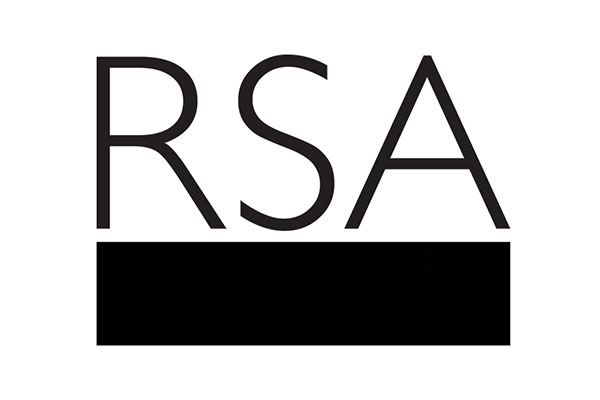Clive Wolfendale is the RSA Wellbeing lead for Wales. After a career in policing - wherein he reached the rank of Chief Constable - he is now chief executive of CAIS, a personal support charity working across Wales and the north of England.
I moved to north Wales in 2001 on appointment as Assistant Chief Constable for the region. I spent eight frenetic years there as a chief officer introducing a radical change programme to sceptical staff and bewildered observers. On retirement from the police service after 34 years, I determined to remain in north Wales. This is a choice made by many retirees who enjoy the pace, culture and landscapes of the region – or who are simply fed up with spending four hours a day in a traffic jam. I had also decided I wanted to do something else with my life before my faculties completely failed.
Whilst I was tearing round the streets of Manchester in my Mini 850 panda, some 150 miles away a group of philanthropic medics and clerics established a small charity, CAIS, in north west Wales. Their mission was to confront the evils of insobriety and offer succour to its victims. After three decades of gradual development, in 2009 the charity advertised for a CEO and eventually took on a burned-out policeman.
CAIS (The Welsh word for ‘try’; ref. George North) offers a range of support to individuals with a variety of life challenges including addictions, mental illness and employability. It manages several residential facilities offering clinical detoxification, therapeutic rehabilitation and supported living. Around 350 staff and volunteers provide individually-tailored support, from clinical to mentoring. Other services include a military veteran mentoring programme and an initiative tackling problematic gambling. (I believe gambling in the UK represents a national crisis.) The charity also operates six trading café/bistros across Wales as social enterprises.
Working in Wales presents some different challenges. It has an ageing population, particularly in the north. It suffers a “brain drain” owing to perceived lack of prospects and comparatively weak educational performance. Its health services seem in perpetual turmoil, and its industry has never recovered from the demise of coal and steel. The National Assembly exercises only partially devolved powers and its consistent composition has usually put it at odds with the Westminster Government. West Wales is classed as one of the poorest regions of Europe and therefore has been in receipt of substantial grants from European Structural Funds. Accordingly, many are looking nervously at the fall-out from Brexit, especially those involved in the very traditional farming infrastructure – and those intent on social justice.
The vison and values of CAIS (to empower change) align well with those of the RSA. I firmly believe the third sector as a whole has much to offer in this mission. When asked to pitch what CAIS can offer I usually comment that we can certainly provide services which are less expensive than those provided by the public sector, and in many cases, we can do it better. Our delivery advantages include flexibility, agility of response and a well-developed volunteer structure. It is disappointing that these benefits are not taken up with more enthusiasm by funding authorities and commissioners. It seems the retrenchment of public services has led to job protection as a priority. The voluntary sector is often misunderstood and mistrusted, attitudes sadly on occasions spilling into arrogance and resentment. I spent over three decades working in the public sector and still engage with its components daily. It contains many brilliant managers and staff, but it is a million miles from being efficient.
I am often asked to reflect on the differences between fighting the war on drugs and supporting its casualties. My first response is that you don’t solve every problem by fighting a war. On the other hand, I find that proponents of drug decriminalisation are often blind to the harms. Campaigners for medicinal use of cannabis and drug testing at festivals risk becoming apologists for abuse and criminality. I think it is more fruitful to focus on the causes of misuse and addiction: principally isolation and lack of individual purpose. The road back points away from these inhibitors.
So, I look forward to continuing the debate and journey in Wales alongside the RSA. There’s no shortage of things to discuss – and do.
Related articles
-
One Day One Choir - a global choral project for peace
Jane Hanson
Find out how One Day One Choir are bringing the world together for World Peace Day through song
-
Doing our Best to Reduce Inequality in Cancer Care
Author Block
Liang Qu FRSA contemplates the importance of excellent cancer care for every patient, regardless of where they live.



Be the first to write a comment
Comments
Please login to post a comment or reply
Don't have an account? Click here to register.